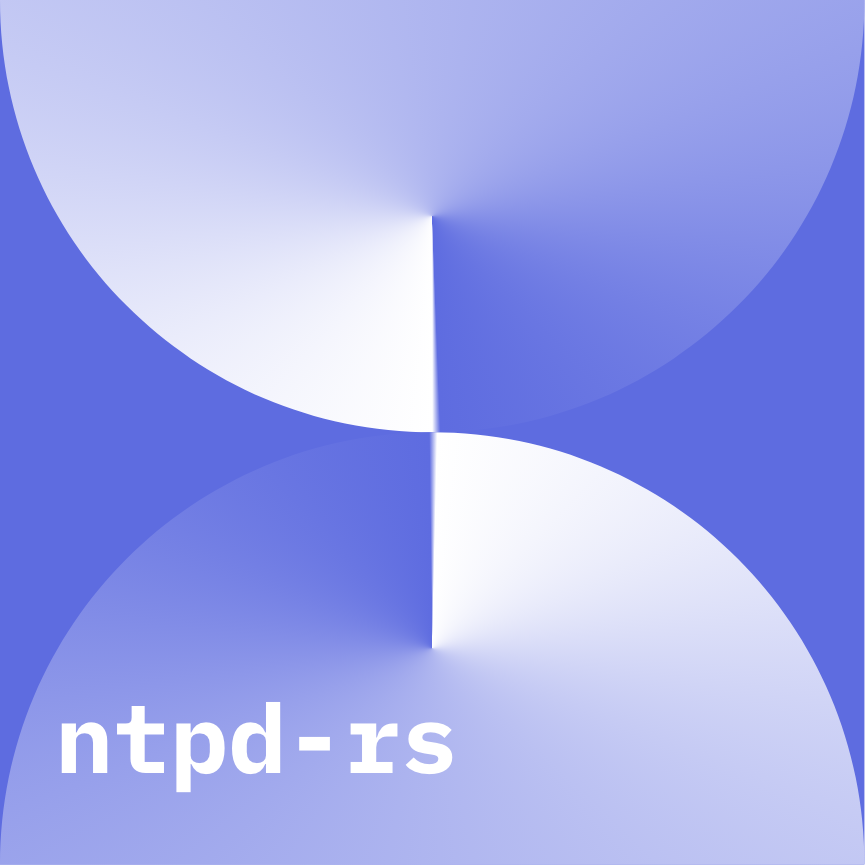Folkert
About
Folkert
- Systems software engineer
- folkert@tweedegolf.com
Folkert is an expert in systems programming and holds a master's in Computer science. He has made major contributions to the creation of the friendly, fast, functional language called Roc - in fact, he has so far written about half of the code; He co-teaches (and co-creates) the university course teach-rs; And he is working on Rust implementations of the Network Time Protocol, ntpd-rs and zlib.
Difficult problems don't rattle him. In fact, we can rely on Folkert to face them head-on and produce solid implementations in remarkably little time.
In his spare time, Folkert often continues to work on languages (natural or other) and he likes to cook or spend time in the garden.
Blog posts
Emulating avx-512 intrinsics in Miri
avx512 features in zlib-rs. The avx512 family of target features provides SIMD intrinsics that use 512-bit vectors (double the size of avx2, which uses 256-bit vectors). These wider intrinsics can speed up certain algorithms dramatically.Fixing rust-lang stdarch issues in LLVM
rust-lang/stdarch, which defines vendor-specific APIs that are used by the Rust standard library and Rust users writing explicit SIMD code.SIMD in zlib-rs (part 2): compare256
In part 1 of the "SIMD in zlib-rs" series, we've seen that, with a bit of nudging, autovectorization can produce optimal code for some problems.
But that does not always work: with SIMD clever programmers can still beat the compiler. This time we'll look at a problem where the compiler is not currently capable of using the SIMD capabilities of modern CPUs effectively.
Open-source work
openleadr-rs
Openleadr-rs is an opinionated, open-source Rust implementation of the OpenADR 3.0 protocol that's ready for real-world pilots. OpenADR is a protocol for automatic demand-response in electricity grids, used, for example, for dynamic pricing or load shedding.
openleadr-rs was initiated by us as openadr-rs, but is now part of the OpenLEADR project, governed by the Linux Energy Foundation.
zlib-rs
zlib-rs is a memory-safe Rust implementation of zlib, the widely-used compression library, used primarily on the web to provide gzip compression to the text/html/js/css we send around.
The initial development of zlib-rs was started and partly funded by Prossimo. It's now governed by the Trifecta Tech Foundation as part of their Data Compression initiative.
ntpd-rs
ntpd-rs is an open-source implementation of the Network Time Protocol completely written in Rust, with a focus on exposing a minimal attack surface. This video explains how ntpd-rs brings NTP into the modern era.
The project was initially funded by ISRG's Prossimo, as part of their mission to achieve memory safety for the Internet's most critical infrastructure. The NTP initiative page on Prossimo's website tells the story.
ntpd-rs is part of Project Pendulum. In July of 2023 the Sovereign Tech Fund invested in Pendulum, securing development and maintenance in 2023, and maintenance and adoption work in 2024.

teach-rs
teach-rs, formerly Rust 101, is a collection of modular teaching materials to build a university course for computer science students, introducing the Rust Programming Language. It is open source and thus available to anyone who wants to teach Rust.
It is governed by the Trifecta Tech Foundation.
Read one of our teach-rs blogs for more info.

Roc
